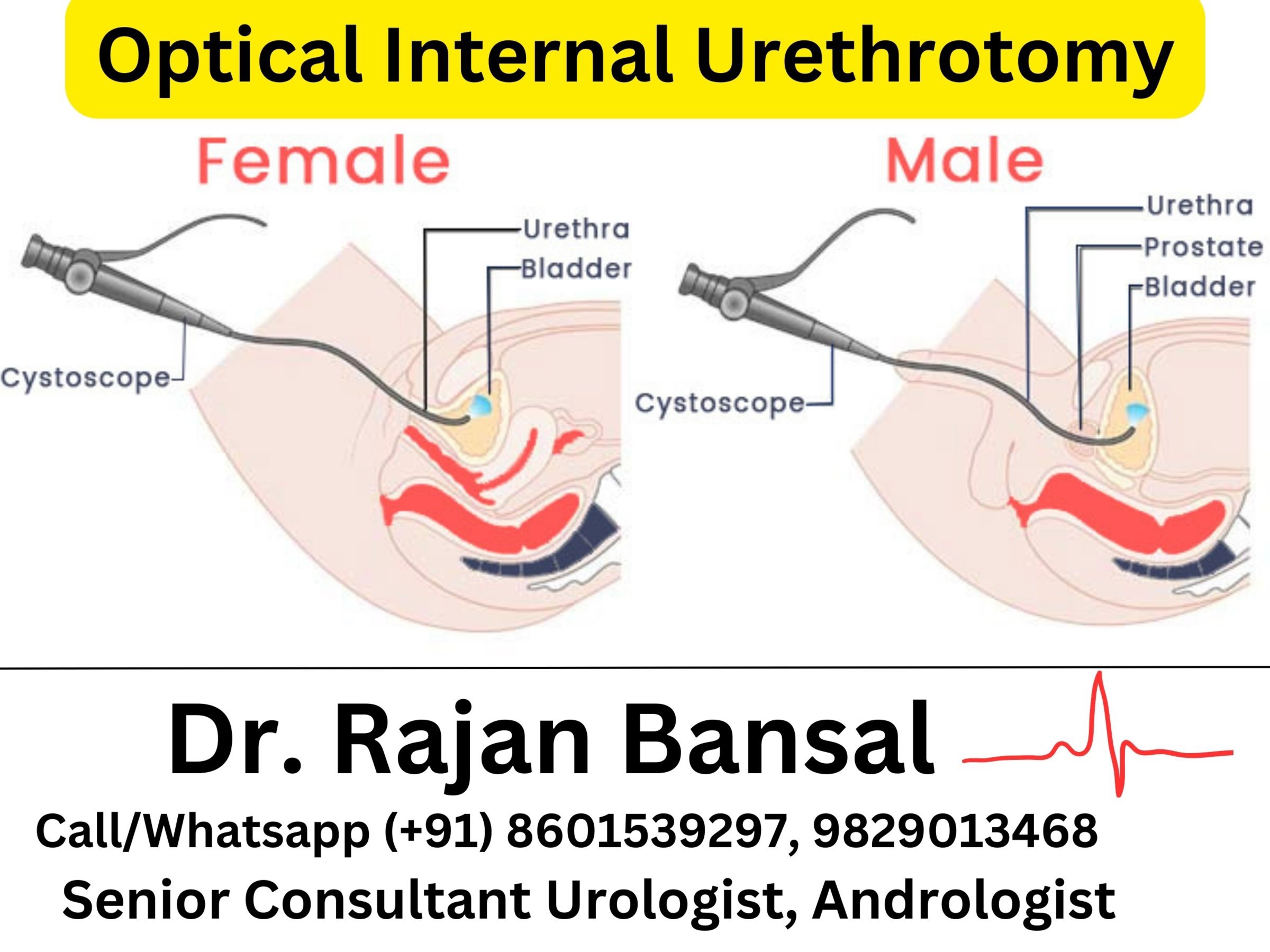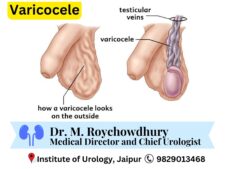Posterior Urethral Valves: Causes, Symptoms, Diagnosis, and Treatment: In the intricate world of pediatric urology, certain conditions demand heightened awareness due to their potential impact on a child’s health. Posterior urethral valves (PUV) are one such condition that can affect the urinary tract of male infants with long term consequences on renal function. In this comprehensive guide, we will delve into the causes, symptoms, diagnosis, and treatment options for posterior urethral valves.

Understanding Posterior Urethral Valves (PUV)
Posterior urethral valves are abnormal flaps of tissue located within the male urethra, specifically in the posterior part. These tissue flaps obstruct the normal flow of urine, leading to a cascade of complications that affect the urinary system, kidney function, and overall health.
Causes of Posterior Urethral Valves
The precise cause of posterior urethral valves is not fully understood, but certain factors are believed to contribute:
Congenital Anomalies: PUV is thought to result from an anomaly during fetal development, where the tissue that forms the urethra does not develop correctly.
Genetic Factors: There might be a genetic predisposition that increases the likelihood of a male child developing PUV.
Environmental Factors: Some research suggests that environmental factors could play a role in the development of PUV, although these factors are not yet well-defined.
Symptoms of Posterior Urethral Valves
PUV can present a range of symptoms, some of which might become evident shortly after birth, while others might emerge as the child grows:
Urinary Tract Infections (UTIs): Frequent or severe UTIs, even in very young infants, can be indicative of PUV.
Poor Urine Flow: Parents might notice a weak or interrupted urine stream in their male infants.
Urinary Retention: Infants with PUV might struggle to completely empty their bladders, leading to discomfort and potentially causing bladder distention.
Abdominal Swelling: Some babies with PUV might exhibit a swollen abdomen due to a distended bladder and compromised kidney function.
Diagnosis of Posterior Urethral Valves
Timely diagnosis is crucial for managing PUV effectively and preventing long-term complications. Diagnostic methods include:
Prenatal Ultrasound: In some cases, PUV might be detected during routine prenatal ultrasounds.
Voiding Cystourethrogram (VCUG): This imaging test involves injecting a contrast dye into the bladder and observing its flow during urination. It can help identify any obstructions caused by PUV.
Renal Ultrasound: An ultrasound of the kidneys and bladder can provide insights into kidney health and potential complications.
Treatment Options for Posterior Urethral Valves
The treatment approach for PUV depends on the severity of the condition and the potential impact on kidney function:
Catheterization: In some cases, temporary catheterization might be required to facilitate urine drainage and alleviate bladder distention and to control infection prior to surgery.
Valve Ablation: A minimally invasive procedure called endoscopic valve ablation can be performed to remove or break apart the obstructive tissue flaps. This helps restore normal urine flow.
Complications of PUV
The obstruction caused by the abnormal tissue flaps within the urethra can lead to a range of complications, some of which can have long-term effects on kidney function and overall health. In this article, we will delve into the potential complications associated with PUV and the importance of early intervention and management.
Urinary Tract Infections (UTIs)
Kidney Damage and Scarring
Hydronephrosis
Bladder Dysfunction
Hypertension
Growth and Developmental Delays
Long-Term Outlook and Management
Children who receive timely and appropriate treatment for PUV can go on to lead healthy lives. However, long-term monitoring and management are essential:
Regular Follow-ups: Regular check-ups with pediatric urologists are crucial to monitor kidney function, urinary tract health, and overall development.
Kidney Health: Ensuring optimal kidney function through a balanced diet, adequate hydration, and adherence to medical recommendations is paramount.
Early Intervention for Complications: Any signs of UTIs or kidney-related issues should be promptly addressed to prevent further complications.
Best Hospital for Posterior Urethral Valves – Institute of Urology, C Scheme, Jaipur
Posterior urethral valves are a condition that demands attention due to its potential impact on the urinary and kidney health of male infants. Understanding the causes, recognizing symptoms, seeking prompt diagnosis, and exploring appropriate treatment options are essential steps for managing PUV effectively.
With advancements in medical care and diligent parental involvement, children diagnosed with PUV can receive the necessary interventions to enjoy a life free from the burdens of urinary obstruction and related complications. As caregivers, staying informed and proactive is crucial in ensuring the well-being of the young ones affected by this condition.
You can book an appointment beforehand for a visit to the hospital for consultation. You can also discuss your queries online with either Dr. Rajan Bansal ( 8601539297 ) or Dr. M. Roychowdhury ( 9929513468 ).







